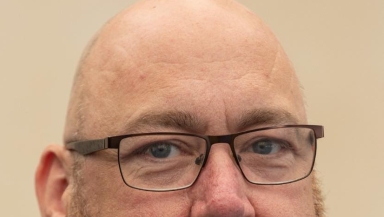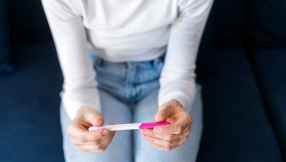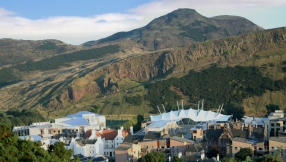
Gavin Drake is an Anglican insider. He is the Director of Communications for the Anglican Communion. He knows people and people know him. He knows his way around the synodical 'standing orders' which govern the way business is done.
He decided to stand for election to the Church of England's General Synod because he "wanted to make the Church of England a safer place." On Monday he announced his resignation with immediate effect.
Speaking to Mr Drake, he said he was resigning because it was not worth wasting his time "if Synod members cannot get their voice heard on safeguarding."
He blamed the "machinations of the Business Committee," who he believes stymied any chance for a proper debate on the need for a truly independent inquiry, led by a senior lawyer, into the Church of England's safeguarding bodies' structures, functions, policies and practice. The motion he brought to Synod was allotted just ten minutes of Synod's time.
Along with other members of Synod, including Martin Sewell, a retired child protection lawyer, Drake is concerned that the independent review offered by the Archbishops' Council on Saturday would not have the confidence of survivors or of Synod.
As evidence, he cited the lengths to which they had gone to try to shine a light into the confusion surrounding the Archbishops' Council's controversial decision to sack Steve Reeves and Jasvinder Sanghera, two-thirds of the Independent Safeguarding Board (ISB), two and a half weeks before they were due to report on their findings to General Synod.
"On Saturday," Drake said, "36 minutes was wasted on standing orders, manipulation, procedural motions, in order to block Steve and Jas from appearing. And yet the Business Committee complained about the pressure on the agenda so they can use the time to prevent debate and use the time to prevent facts being said."
When the two ex-members of the Independent Safeguarding Board were finally able to address Synod, Reeves described one of the most challenging aspects of their work, "It is very clear to me that when the Church, or the Archbishop's Council talks about independence they do not mean independence in the way that you and I and the average person on the street mean independence. They mean semi-detached. When they say trust ... what they mean is obedience. When they talk about communication ... they mean loyalty."
In his statement of resignation, Drake wrote, "Victims and survivors have made it abundantly clear that any remnant of trust that existed towards the Council and NST [National Safeguarding Team] evaporated when the ISB was disbanded.
"Many speak of the NST and Archbishops' Council as the abusers – they were originally abused by their perpetrators and were re-abused by the Church's systems. Enough is enough. If the General Synod of the Church of England is unable to hold the Archbishops' Council and its National Safeguarding Team to account, if we are unable to bring about proper change, if we are going to be blocked from hearing from who we want to hear from, and stopped from debating what we want to debate, then what is it for?""
One survivor, named only as Chris, agrees, alleging that some of the cases that the Independent Safeguarding Board were reviewing had aspects that were "very damaging to members of the Archbishops' Council," and that the failure of Drake's attempt to avoid a 'semi-detached' review of safeguarding may mean that the work of the ISB is never published.
Yesterday Dr Jamie Harrison, a member of Archbishops' Council, spoke in another debate about safeguarding, saying, "To be a learning organisation requires a culture and leadership that is open, agile, curious and undefended."
This weekend has revealed that the Archbishops' Council has much to learn from survivors and synod members (past and present), and only time will tell whether the central structures of the Church of England are actually capable of being a 'learning organisation'.
Susie Leafe is director of Anglican Futures, which supports orthodox Anglicans in the UK.













